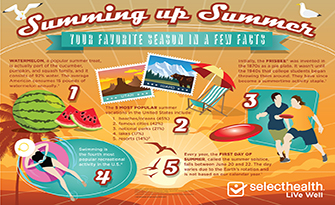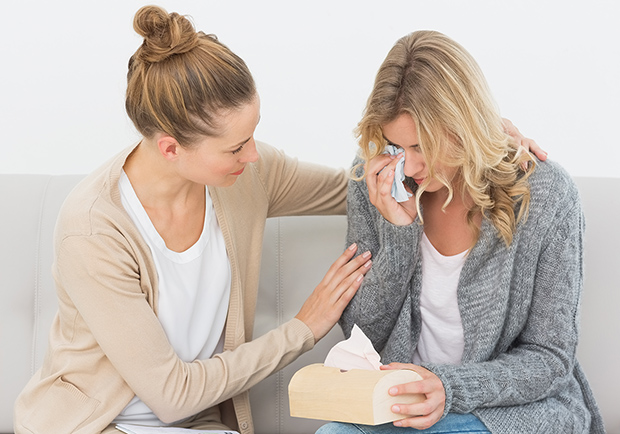Type 2 diabetes: Know the Symptoms, Know Your risk
Being aware of the symptoms of diabetes could help prevent issues down the road. Here’s what you should know.

One of the most important facts to know about type 2 diabetes—a disease of high blood sugar—is this: You could have it and not know it.
Symptoms of type 2 diabetes often develop slowly and can be subtle. And many people with the disease have no symptoms. That's why it's important to know your risk factors for the disease. It's also why your doctor may test you for it if you're at risk, even if you don't have symptoms.
The earlier type 2 diabetes is diagnosed and treated, the better the chances of avoiding serious health problems.
Related: What's the Difference between Type 1 and Type 2 Diabetes?
What is it and who is at risk?
Type 2 diabetes is the most common form of diabetes. It usually starts when the body has trouble using insulin, a hormone that helps glucose (also called blood sugar) enter the body's cells. When glucose can't move into cells, it builds up in the bloodstream instead.
Over time, a high glucose level in the blood can damage the body, increasing the chances for complications such as heart, eye and kidney disease, and nerve damage.
Some people are more at risk for developing type 2 diabetes than others. Higher-risk people include those who:
- Are 45 years or older
- Are overweight or obese
- Are sedentary
- Have a family history of diabetes
- Are African American, Alaska Native, American Indian, Asian American, Hispanic/Latino, Native Hawaiian, or Pacific Islander
- Have a history of gestational diabetes or of giving birth to a baby weighing 9 pounds or more
Related: 3 Ways to Prevent or Control Diabetes
What are the symptoms?
Some signs and symptoms of type 2 diabetes include:
- Urinating a lot
- Feeling very thirsty, tired, or hungry (even though you're eating)
- Having blurred vision
- Having slow-healing cuts or bruises
- Having numbness, pain, or tingling in your feet or hands
If you have symptoms like these, tell your doctor. He or she will most likely check your blood to see if you have diabetes.
Take it seriously
If you are diagnosed with type 2 diabetes, you will need to follow the advice of your doctor to keep the disease under control, which can help lower your risk of complications. You can do that by eating well, exercising regularly, and taking medications, if needed.
References: American Diabetes Association; National Institute of Diabetes and Digestive and Kidney Diseases




